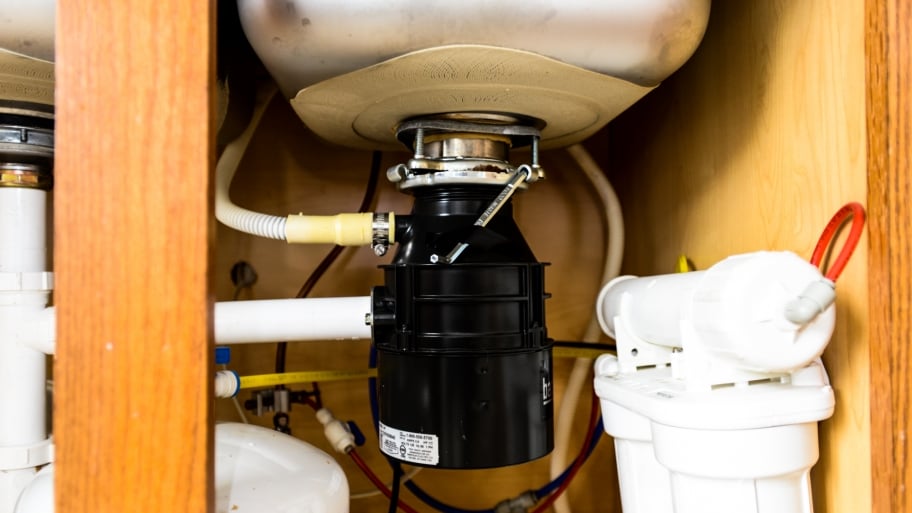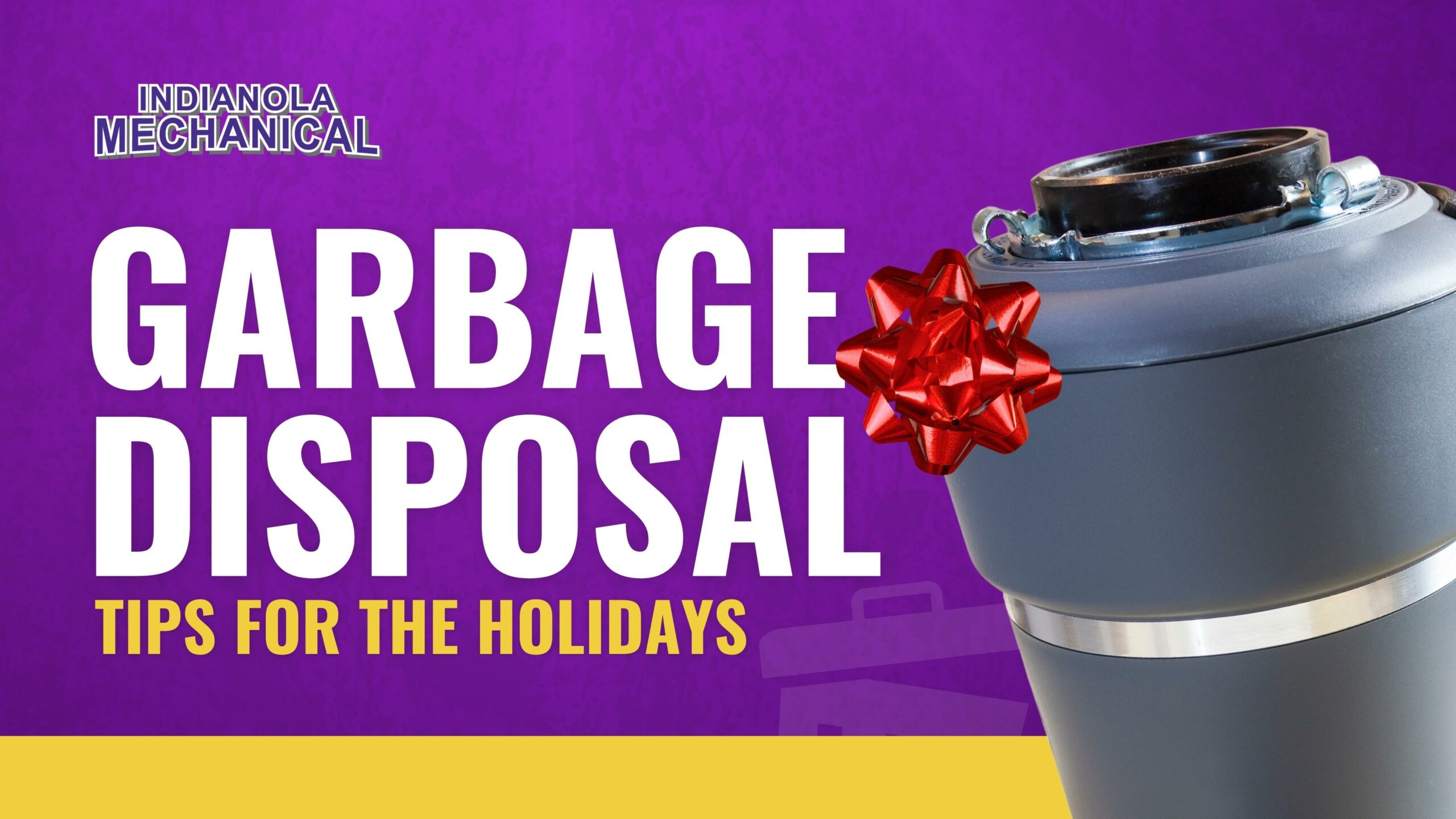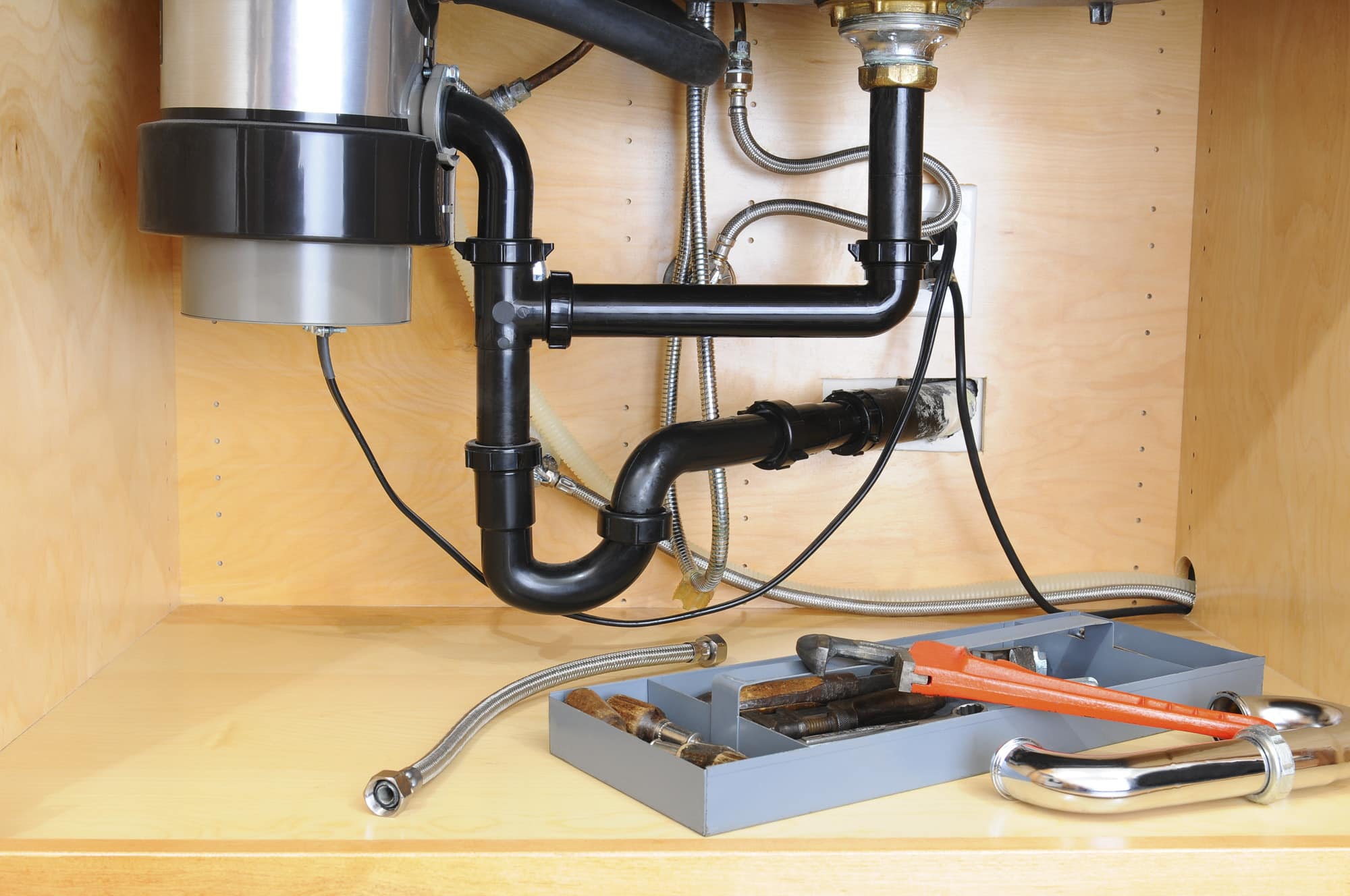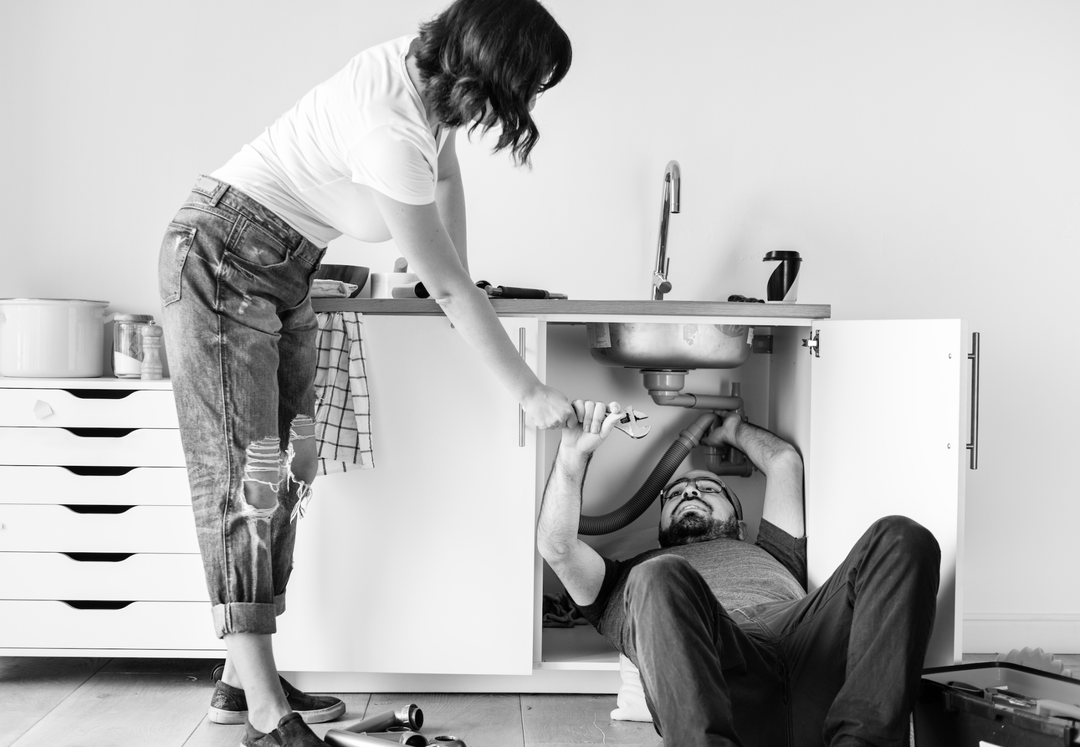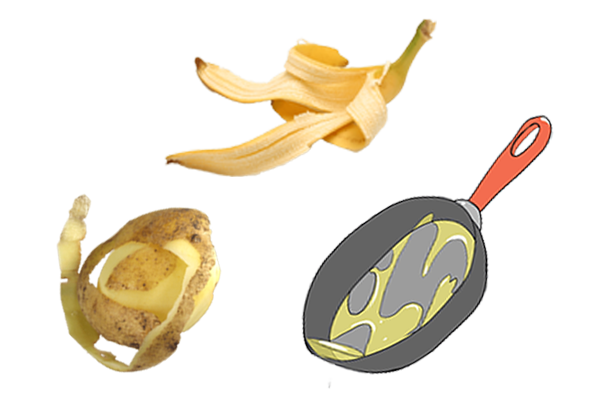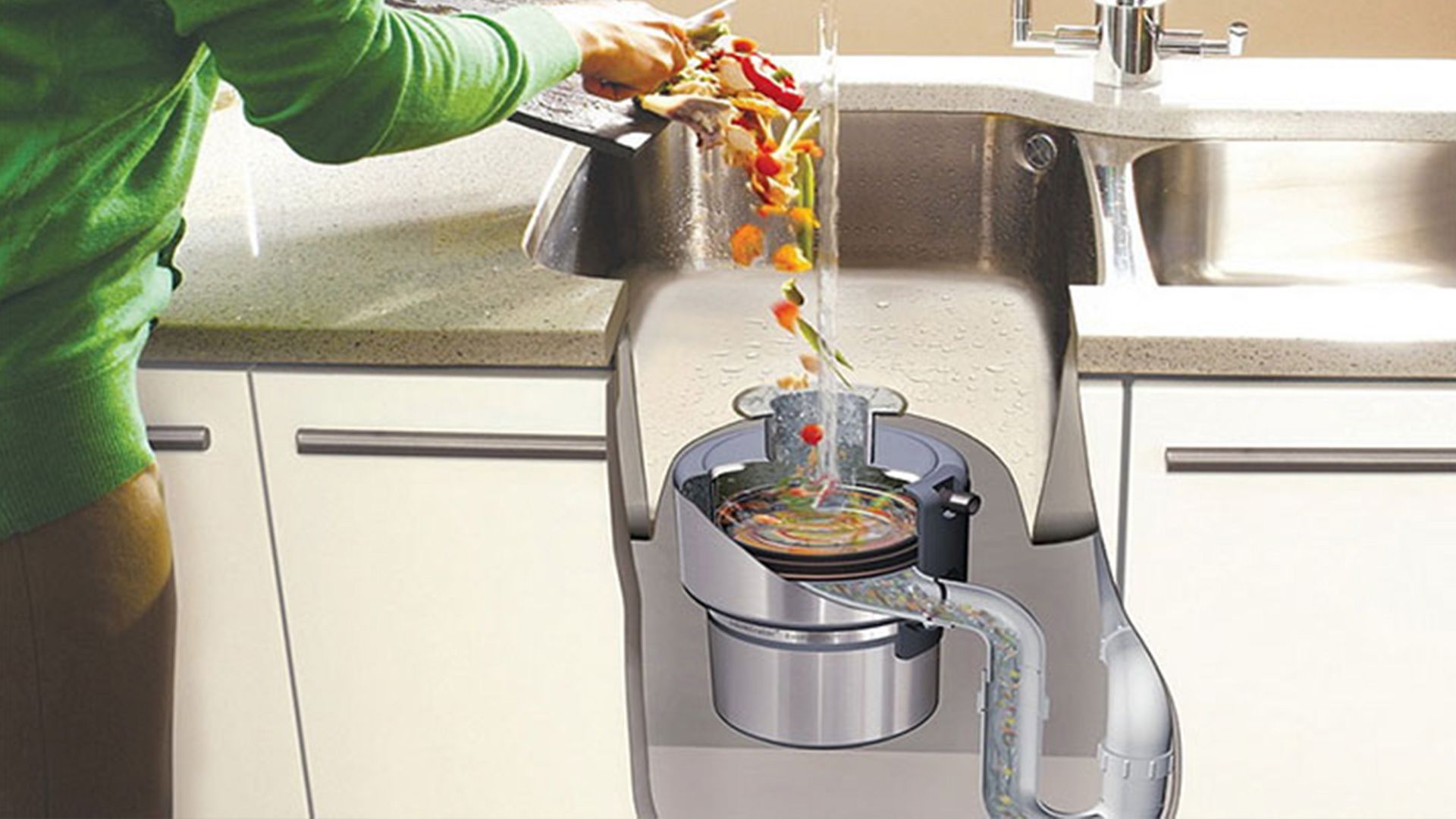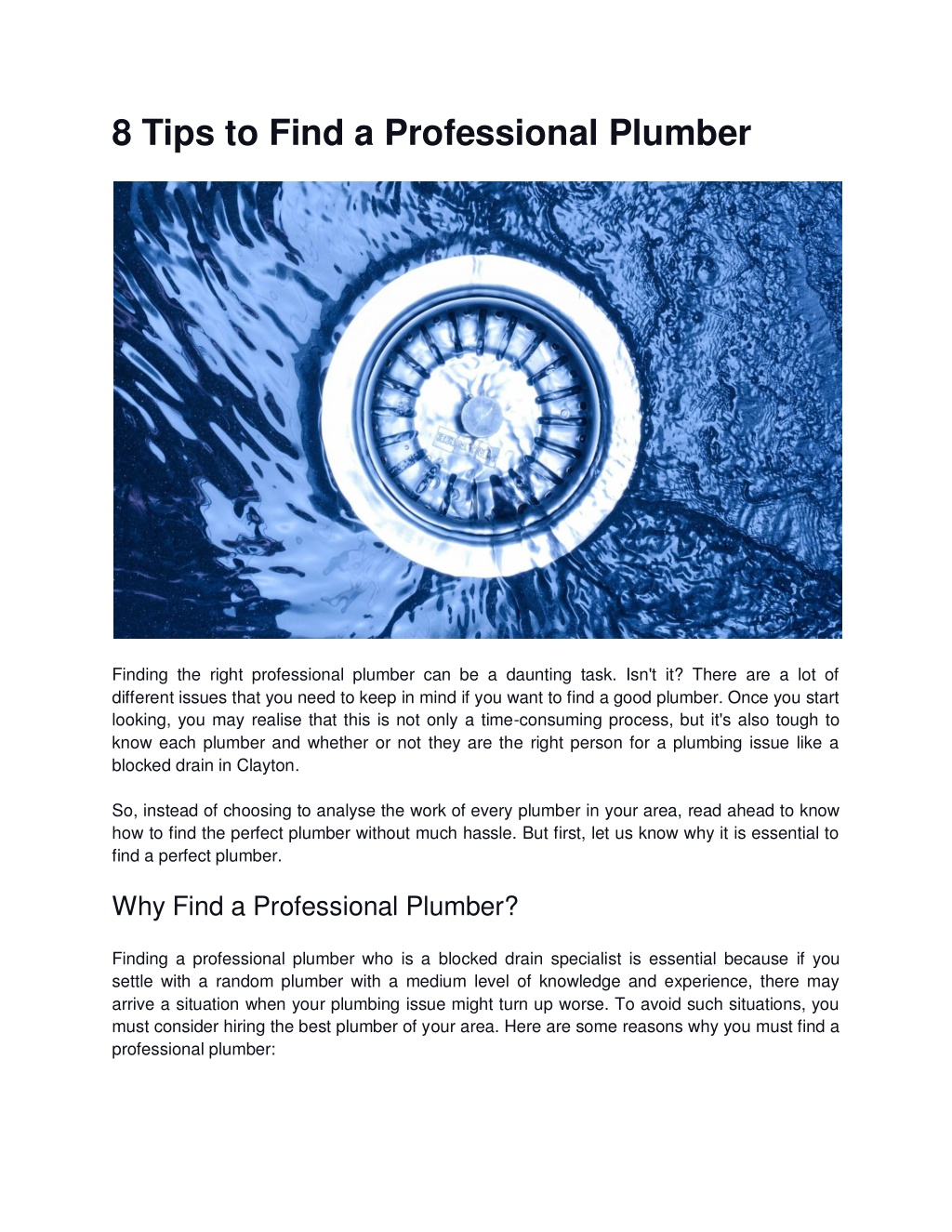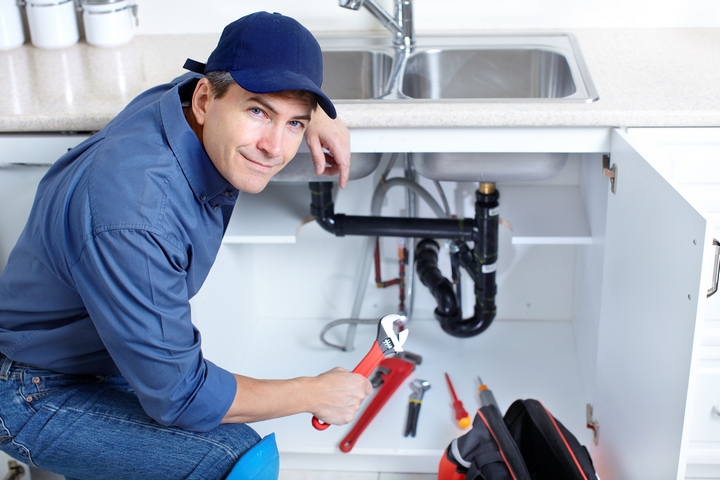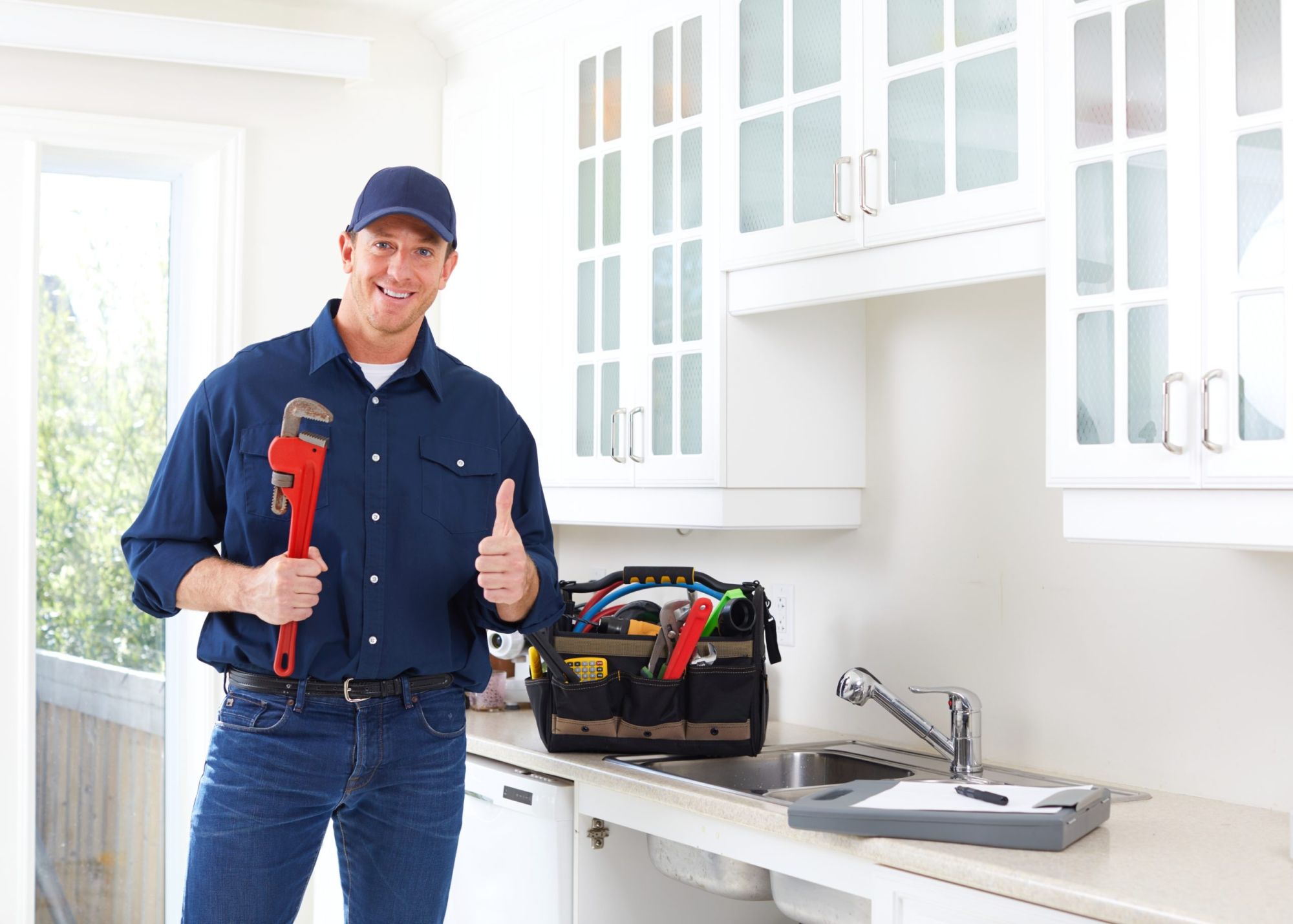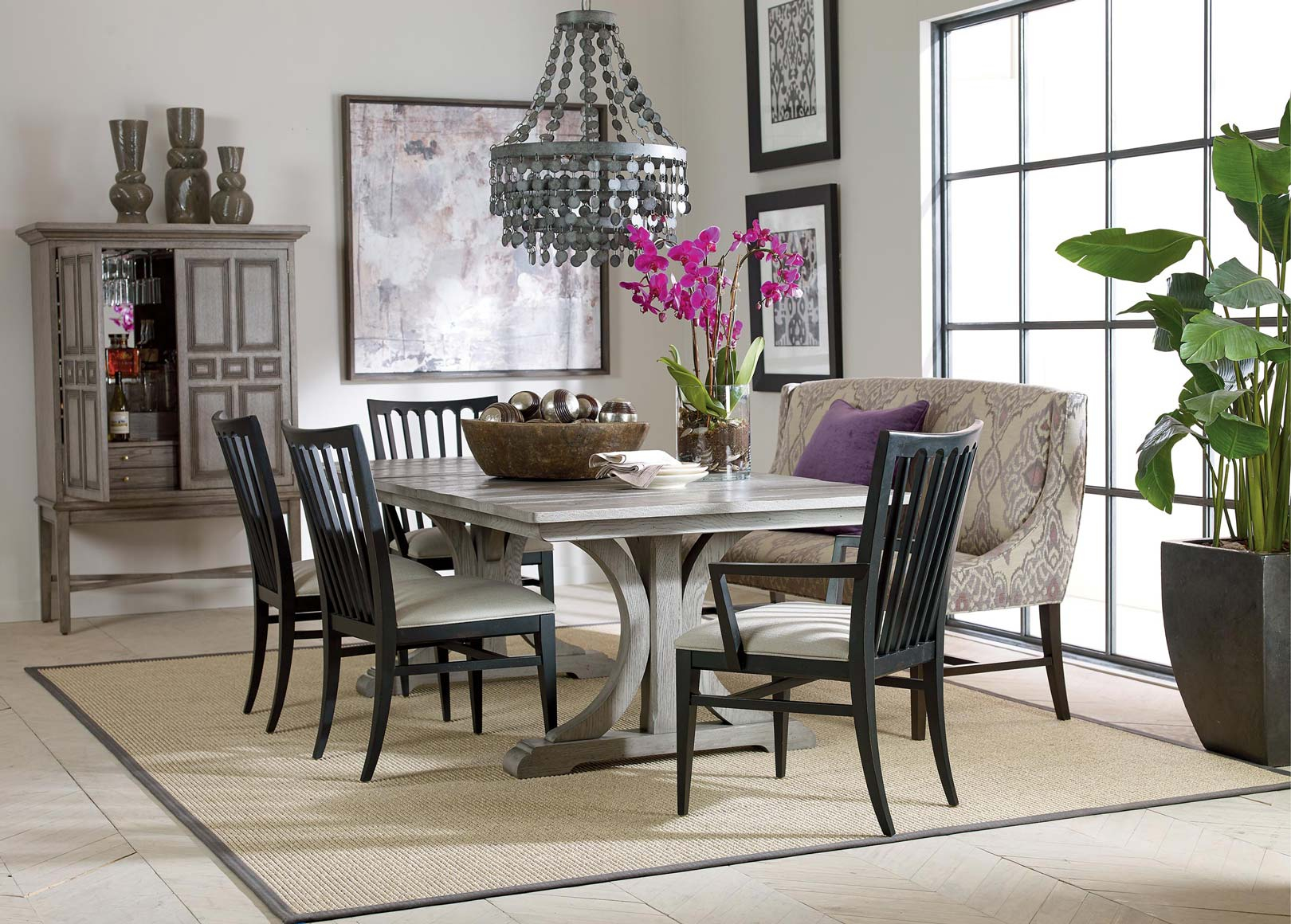If you've noticed that your kitchen sink is draining slowly, the first thing that may come to mind is a clogged drain. This is a common issue that can be caused by a variety of factors, including food scraps, soap scum, and other debris. The good news is that there are several steps you can take to unclog your drain and get your sink back to functioning normally.1. Clogged Drain: Causes and Solutions
A slow-draining sink is not only an inconvenience, but it can also be a sign of a bigger problem. It's important to address this issue as soon as possible to prevent any further damage to your pipes. If you notice that your sink is draining slowly, it's best to take action before it turns into a major plumbing disaster.2. Slow Drainage: What You Need to Know
Your kitchen sink is a workhorse in your home, handling daily tasks such as washing dishes and preparing food. Over time, this can lead to a buildup of food particles, grease, and other debris in your pipes, causing your sink to drain slowly. It's important to know how to properly maintain your kitchen sink to prevent clogs and keep your drain flowing smoothly.3. Kitchen Sink: The Culprit Behind Slow Drainage
A plunger is a simple tool that can be very effective in unclogging a drain. Make sure to have a plunger specifically designed for sinks, as it will have a smaller rubber cup that can create a better seal around the drain. Use it to create suction and push the clog through the pipes. You may need to repeat this process a few times for stubborn clogs.4. Unclogging with a Plunger
If a plunger doesn't do the trick, a drain snake (also known as a plumber's snake) can be your next line of defense. This tool is a long, flexible cable with a small auger on one end. Insert the snake into the drain and rotate it to break up and push through the clog. This method may require some skill and patience, but it can be an effective way to clear a stubborn clog.5. Using a Drain Snake
If you're looking for a natural and chemical-free way to unclog your kitchen sink, try using a combination of baking soda and vinegar. Pour half a cup of baking soda down the drain, followed by half a cup of vinegar. Let it sit for 15-20 minutes, then flush with hot water. The chemical reaction between the two ingredients can help break down and dissolve the clog.6. Natural Remedies: Baking Soda and Vinegar
Grease buildup is a common cause of slow-draining sinks. When hot grease is poured down the drain, it can solidify and coat the inside of the pipes, trapping other debris and causing a clog. To prevent this, avoid pouring grease down the drain and instead let it cool and dispose of it in the trash. For existing grease buildup, you may need to use hot water and a combination of baking soda and vinegar, or call a professional plumber for assistance.7. Dealing with Grease Buildup
The P-trap is a curved pipe located under your sink that is designed to hold a small amount of water. This water acts as a barrier to prevent sewer gases from entering your home. However, this trap can also catch debris and become clogged, leading to slow drainage. If you suspect the P-trap is the issue, you can remove it and clean it out, or call a plumber for assistance.8. Checking the P-Trap
If your kitchen sink is equipped with a garbage disposal, this can also be a common cause of slow drainage. Make sure to regularly clean and maintain your garbage disposal to prevent clogs and keep it functioning properly. Avoid putting large amounts of food scraps down the disposal at once, and always run plenty of water while using it.9. Maintaining Your Garbage Disposal
If you've tried all the DIY methods and your kitchen sink is still draining slowly, it may be time to call in a professional plumber. They have the expertise and tools to properly diagnose and fix the issue, ensuring your sink is back to functioning at its best. It's always better to address plumbing issues sooner rather than later to prevent further damage and costly repairs. In conclusion, a slowly draining kitchen sink can be a frustrating and messy problem to deal with. However, with the right tools and knowledge, you can effectively unclog your drain and prevent future issues. Remember to regularly maintain your sink and be cautious of what goes down the drain to keep it running smoothly. And if all else fails, don't hesitate to call a professional plumber for assistance.10. When to Call a Professional Plumber
Kitchen Sink Only Drains Slowly Then: Understanding the Impact on House Design
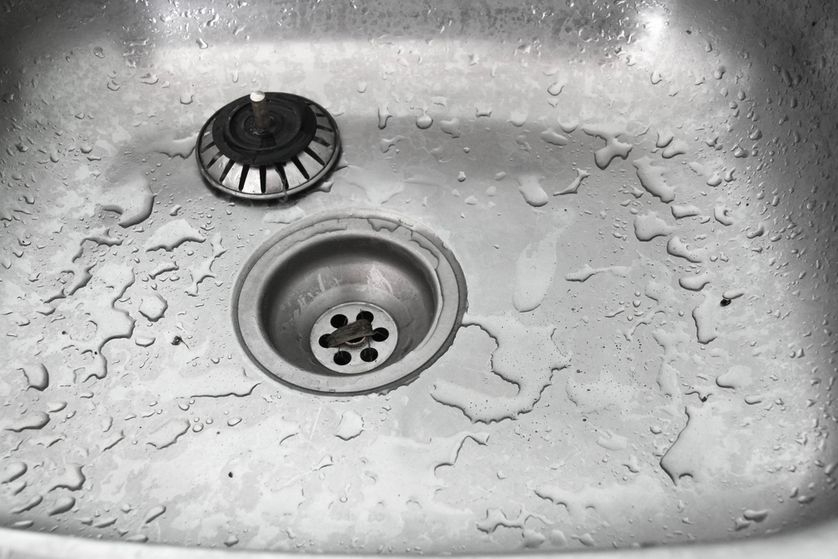
The Importance of Proper Sink Drainage in House Design
 When designing a house, every aspect must be carefully considered to ensure functionality and convenience for its occupants. One often overlooked aspect is sink drainage, specifically in the kitchen. A
slowly draining kitchen sink
can cause numerous inconveniences and even lead to bigger problems if not addressed properly.
When designing a house, every aspect must be carefully considered to ensure functionality and convenience for its occupants. One often overlooked aspect is sink drainage, specifically in the kitchen. A
slowly draining kitchen sink
can cause numerous inconveniences and even lead to bigger problems if not addressed properly.
Causes of a Slow-Draining Kitchen Sink
 Before delving into the impact of a slow-draining kitchen sink on house design, it is important to understand its causes. One of the most common reasons is clogging due to food debris, grease, and other substances that accumulate in the drain over time. Another culprit could be a faulty or outdated plumbing system, which can lead to low water pressure and slow drainage.
Before delving into the impact of a slow-draining kitchen sink on house design, it is important to understand its causes. One of the most common reasons is clogging due to food debris, grease, and other substances that accumulate in the drain over time. Another culprit could be a faulty or outdated plumbing system, which can lead to low water pressure and slow drainage.
The Impact on House Design
:max_bytes(150000):strip_icc()/how-to-install-a-sink-drain-2718789-hero-24e898006ed94c9593a2a268b57989a3.jpg) A kitchen is a busy and essential part of any house, and its design must cater to the needs of its users. A
slow-draining kitchen sink
can disrupt the functionality of the space and make everyday tasks such as cooking and cleaning a hassle. It can also lead to unpleasant odors and potential health hazards. Moreover, if left unaddressed, a slow-draining sink can cause water damage to cabinets and countertops, affecting the overall aesthetics and functionality of the kitchen.
A kitchen is a busy and essential part of any house, and its design must cater to the needs of its users. A
slow-draining kitchen sink
can disrupt the functionality of the space and make everyday tasks such as cooking and cleaning a hassle. It can also lead to unpleasant odors and potential health hazards. Moreover, if left unaddressed, a slow-draining sink can cause water damage to cabinets and countertops, affecting the overall aesthetics and functionality of the kitchen.
Solutions for Proper Sink Drainage in House Design
 To avoid the negative impact of a slow-draining kitchen sink, proper drainage must be incorporated into house design. This can be achieved by installing modern plumbing systems that can effectively handle waste and prevent clogging. Regular maintenance and proper disposal of food waste can also help prevent slow drainage. Additionally, incorporating a
garbage disposal
in the sink can help grind up food waste and prevent it from clogging the drain.
In conclusion, a
slowly draining kitchen sink
can have a significant impact on house design, affecting both functionality and aesthetics. It is crucial to address this issue during the design process and incorporate solutions that can prevent slow drainage and its potential consequences. With proper attention and maintenance, a kitchen sink can be both functional and visually appealing, making it a valuable asset to any house.
To avoid the negative impact of a slow-draining kitchen sink, proper drainage must be incorporated into house design. This can be achieved by installing modern plumbing systems that can effectively handle waste and prevent clogging. Regular maintenance and proper disposal of food waste can also help prevent slow drainage. Additionally, incorporating a
garbage disposal
in the sink can help grind up food waste and prevent it from clogging the drain.
In conclusion, a
slowly draining kitchen sink
can have a significant impact on house design, affecting both functionality and aesthetics. It is crucial to address this issue during the design process and incorporate solutions that can prevent slow drainage and its potential consequences. With proper attention and maintenance, a kitchen sink can be both functional and visually appealing, making it a valuable asset to any house.








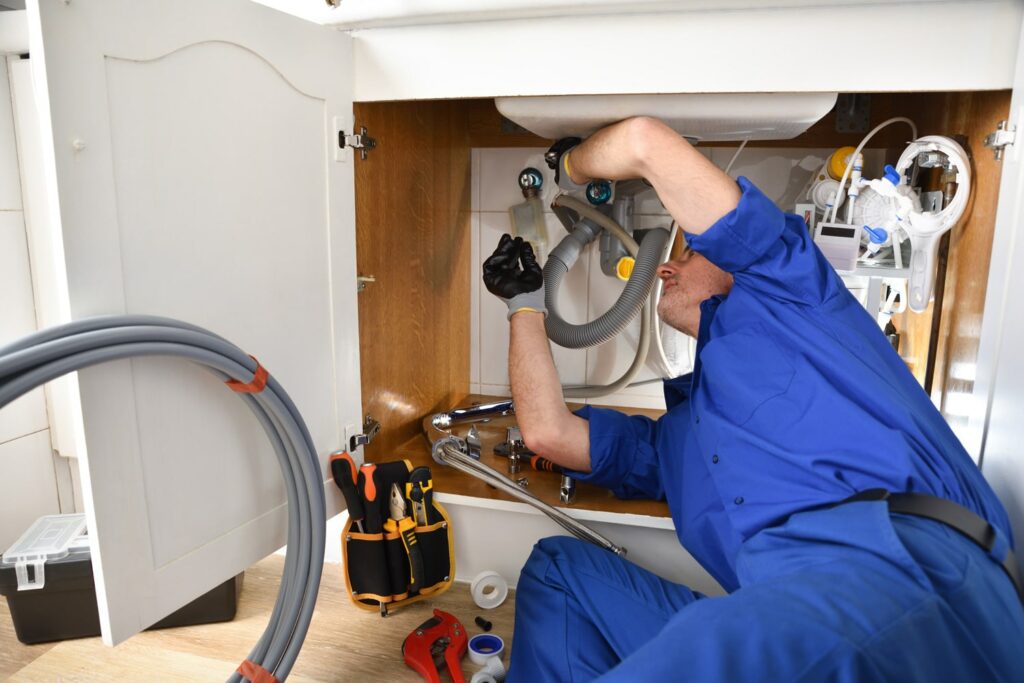







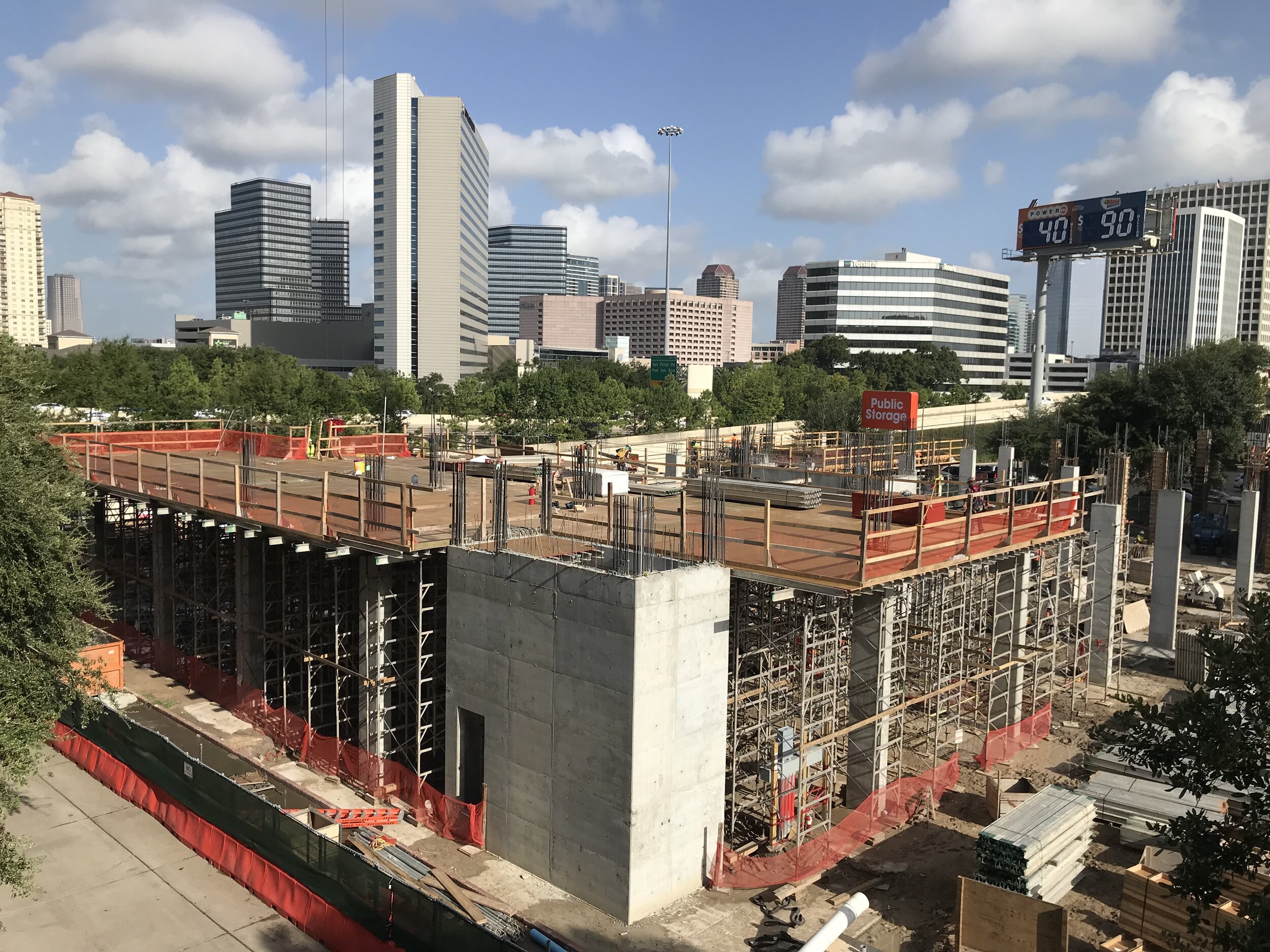

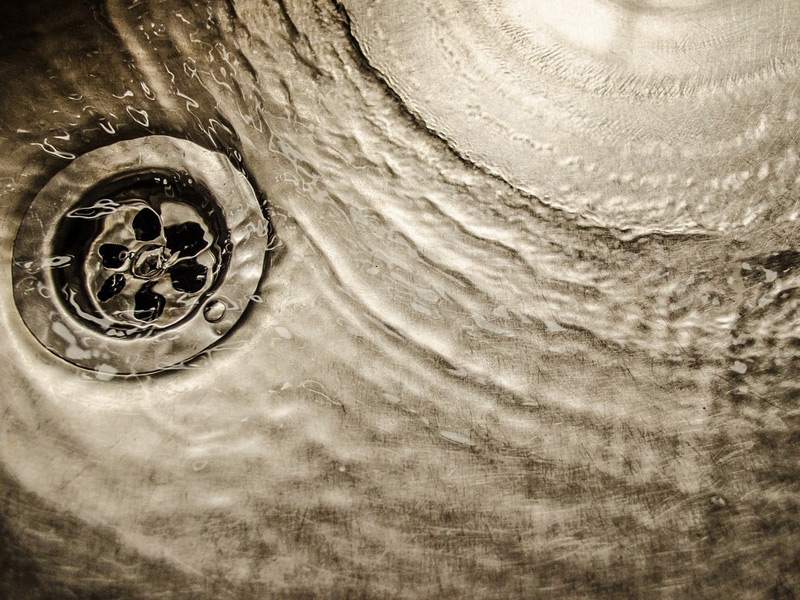








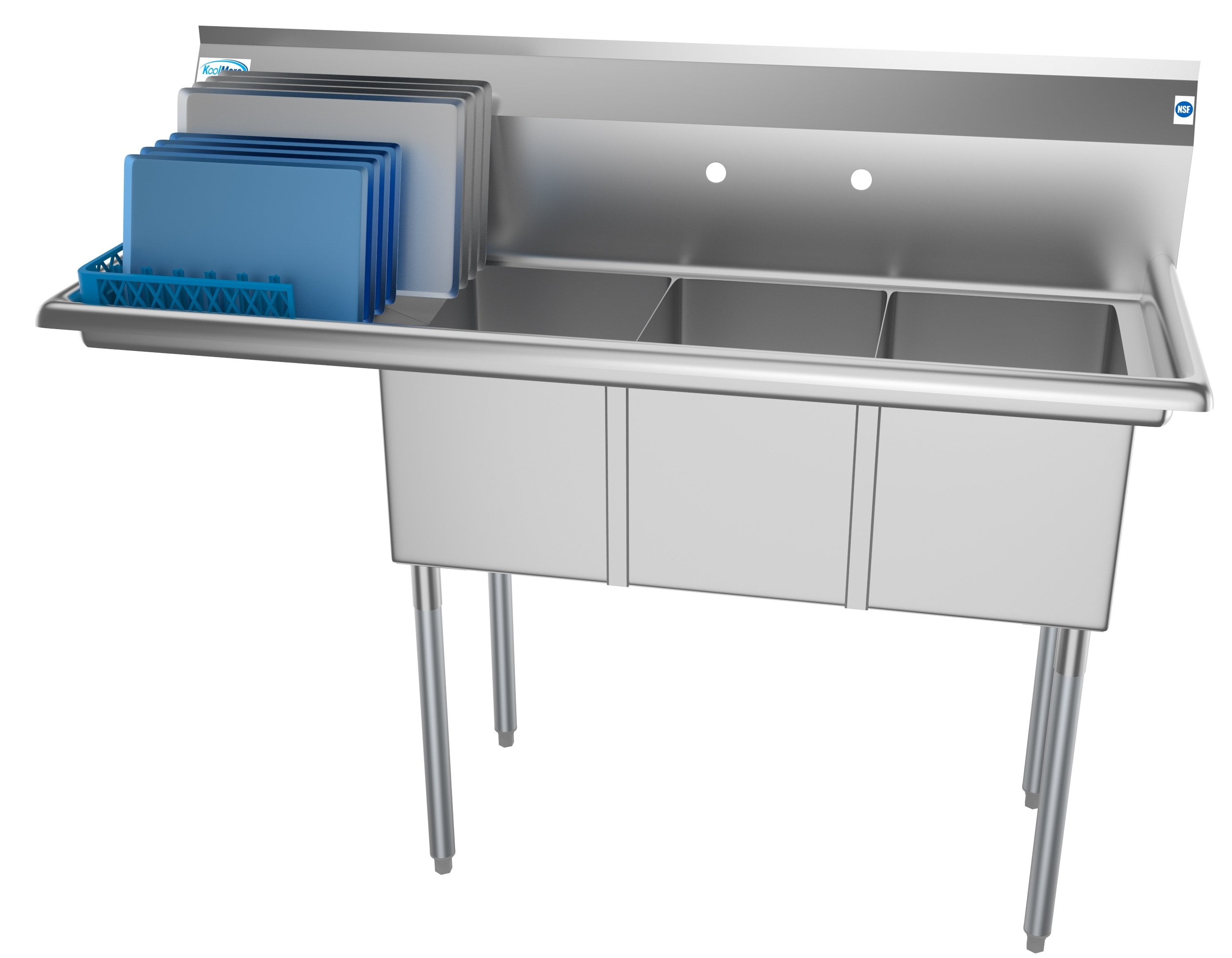
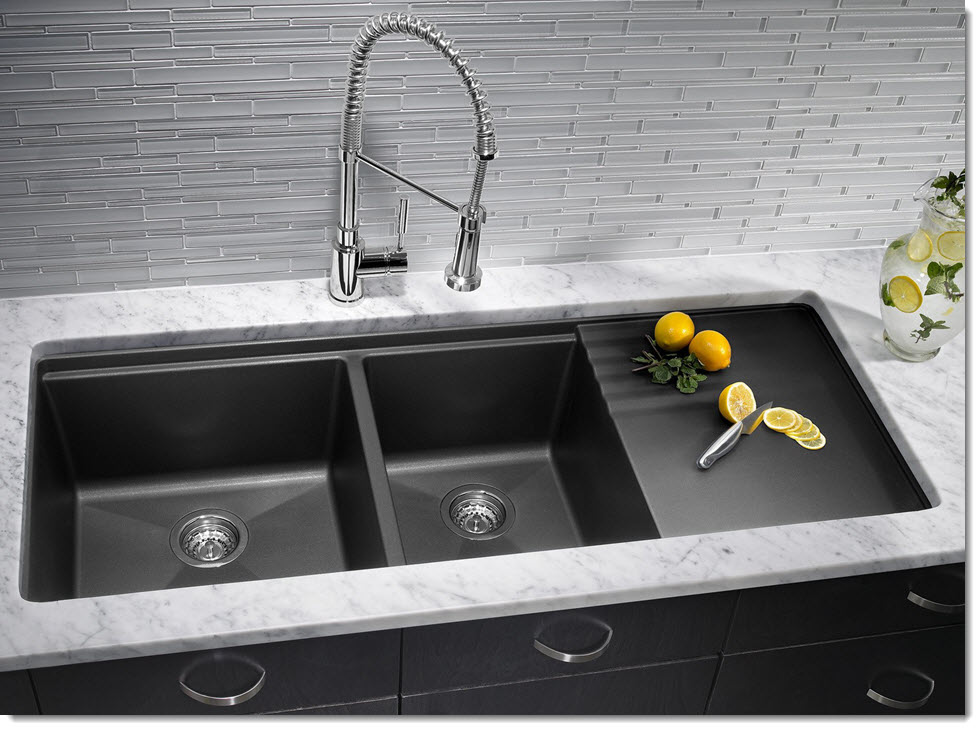
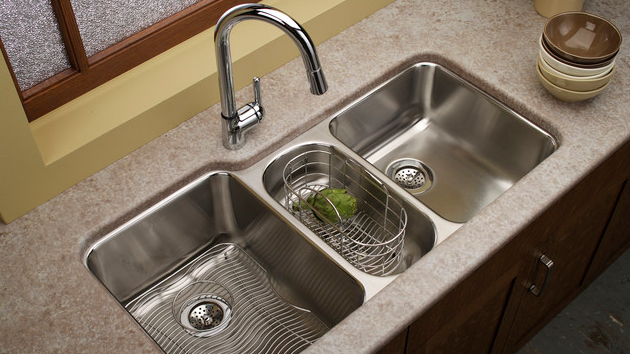
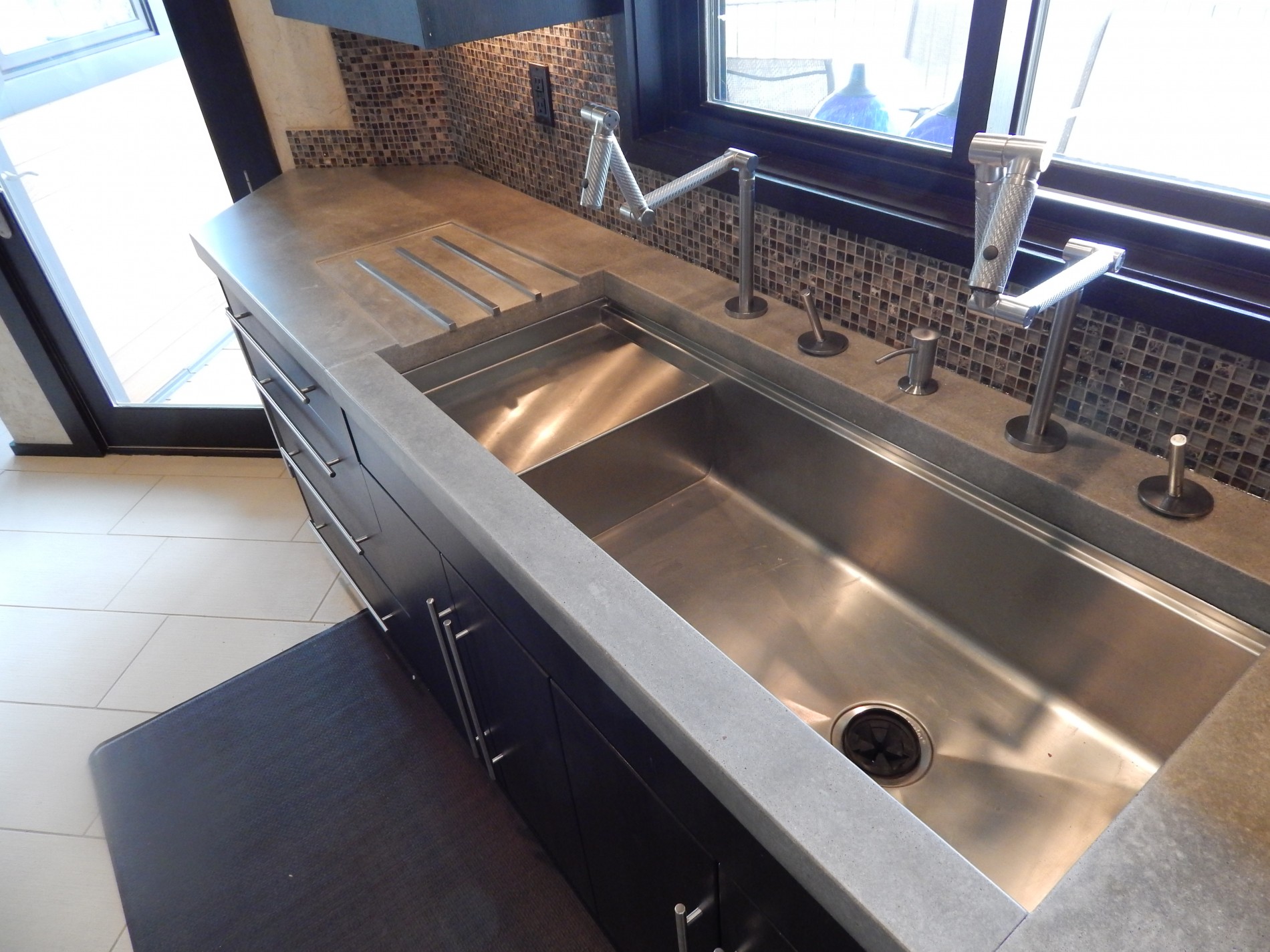
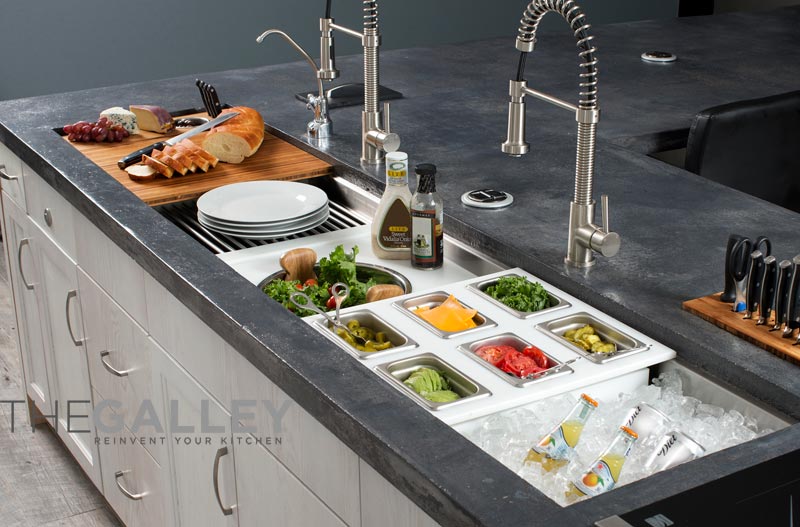

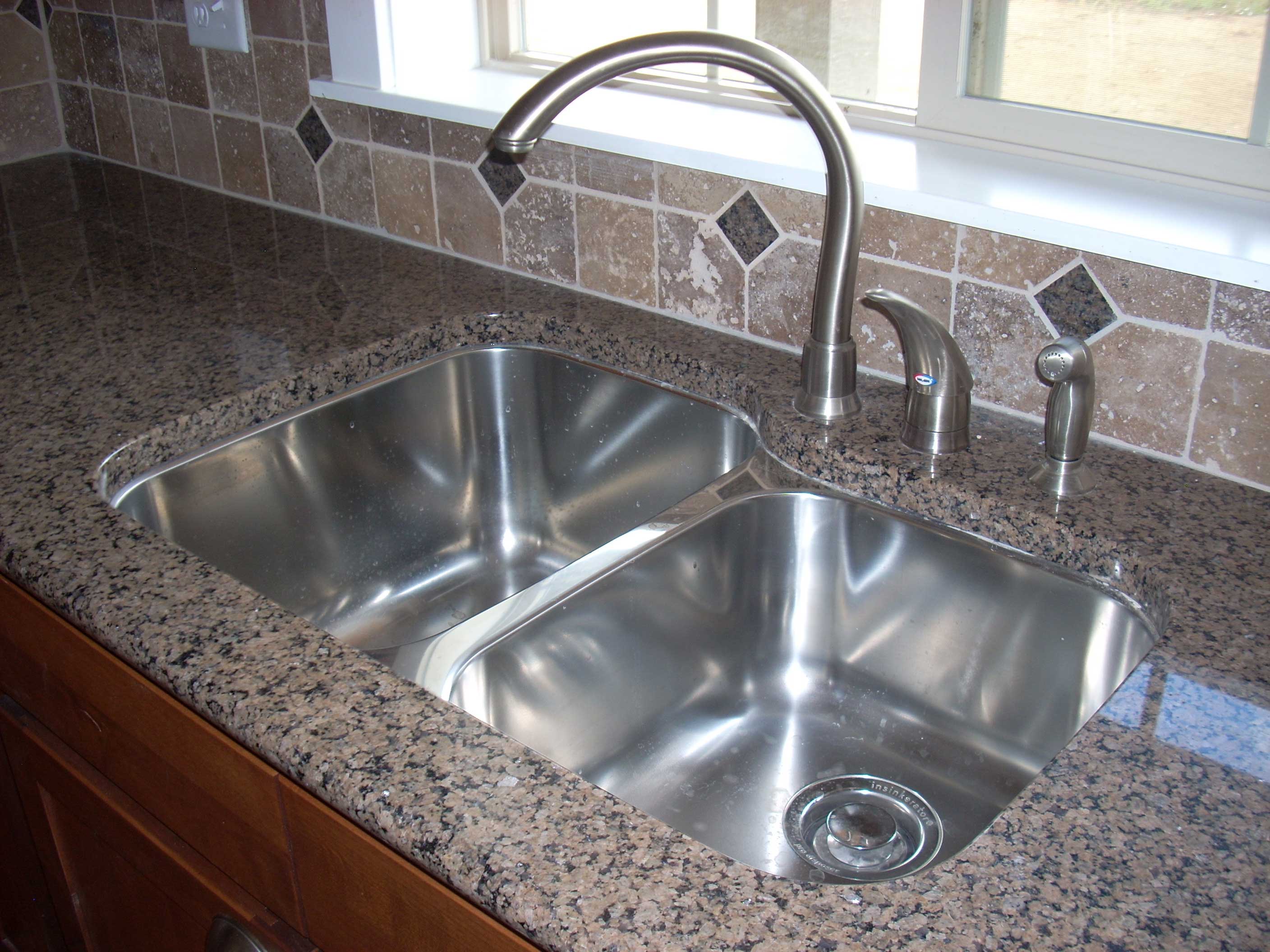

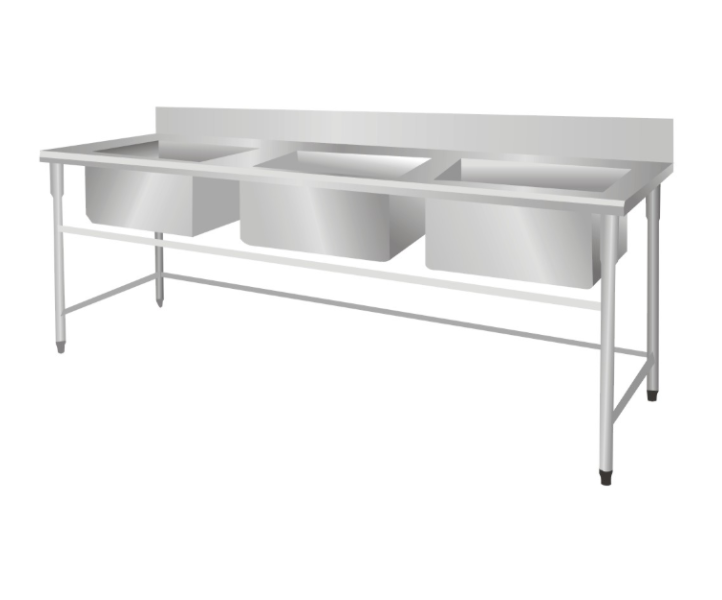



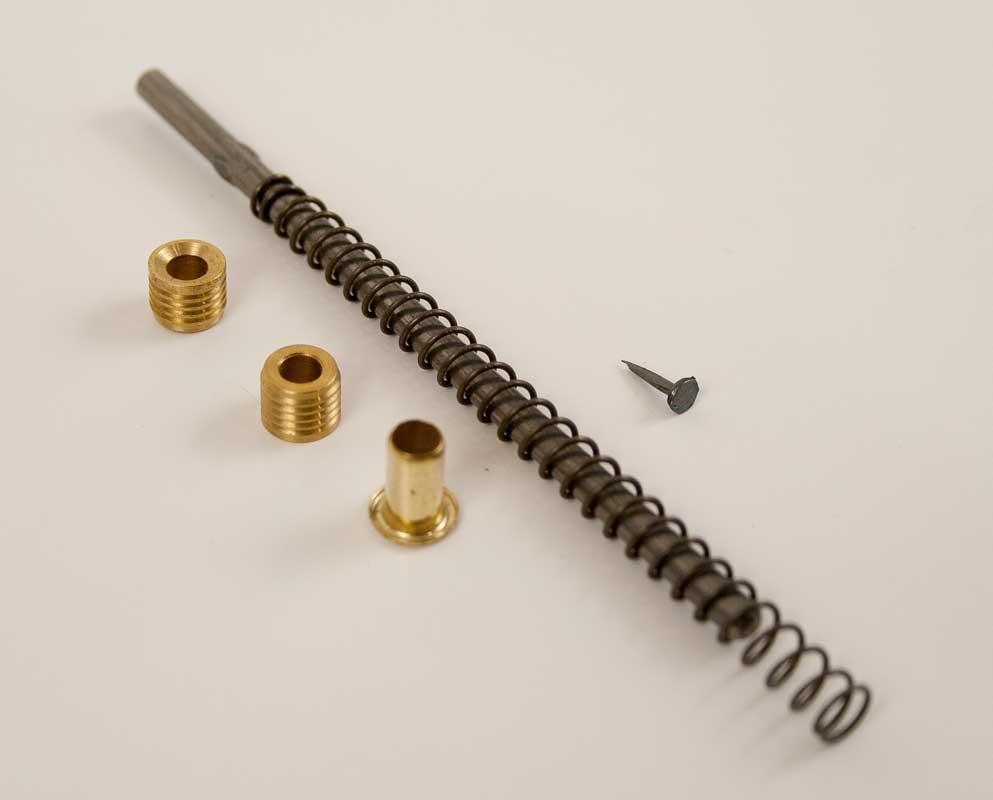


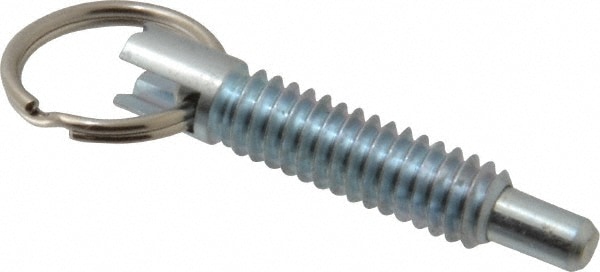


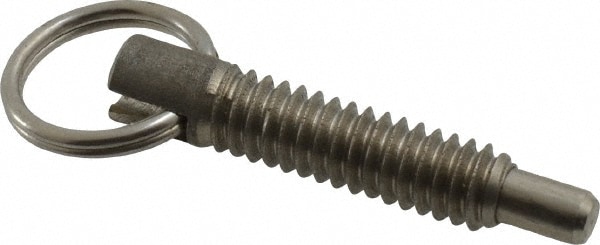
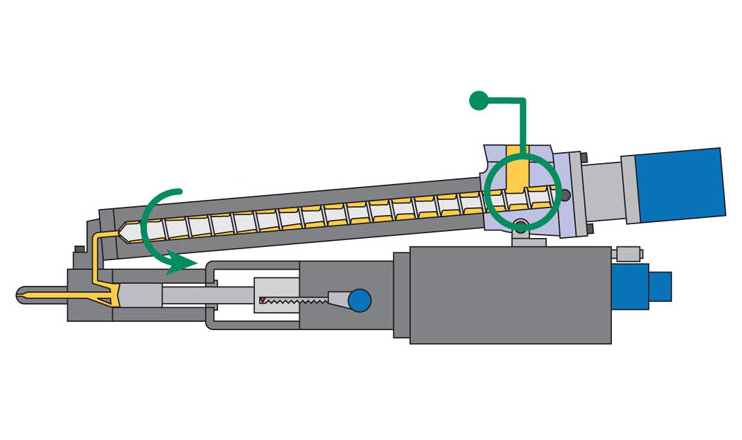
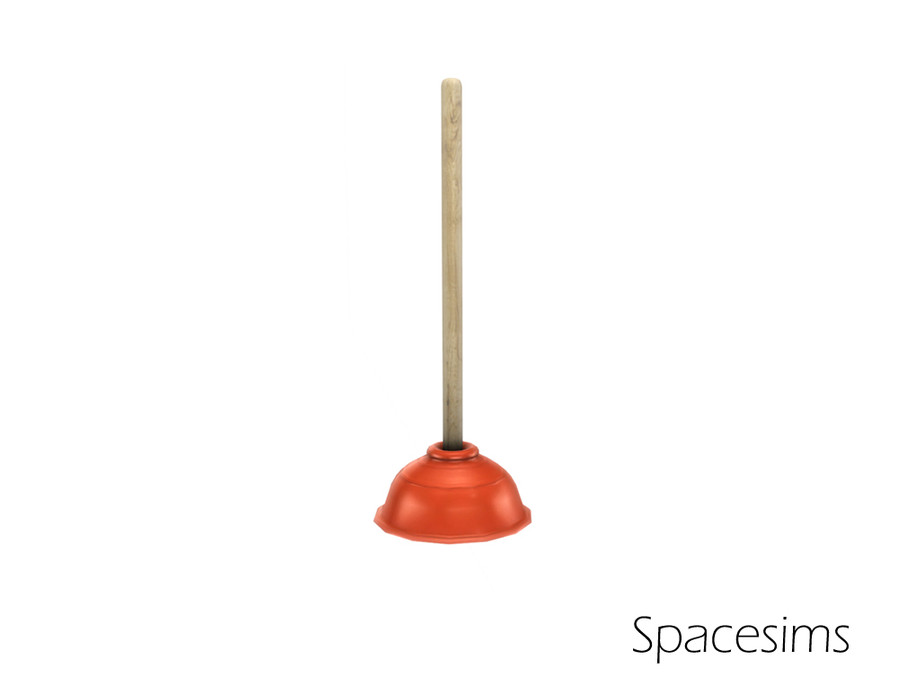
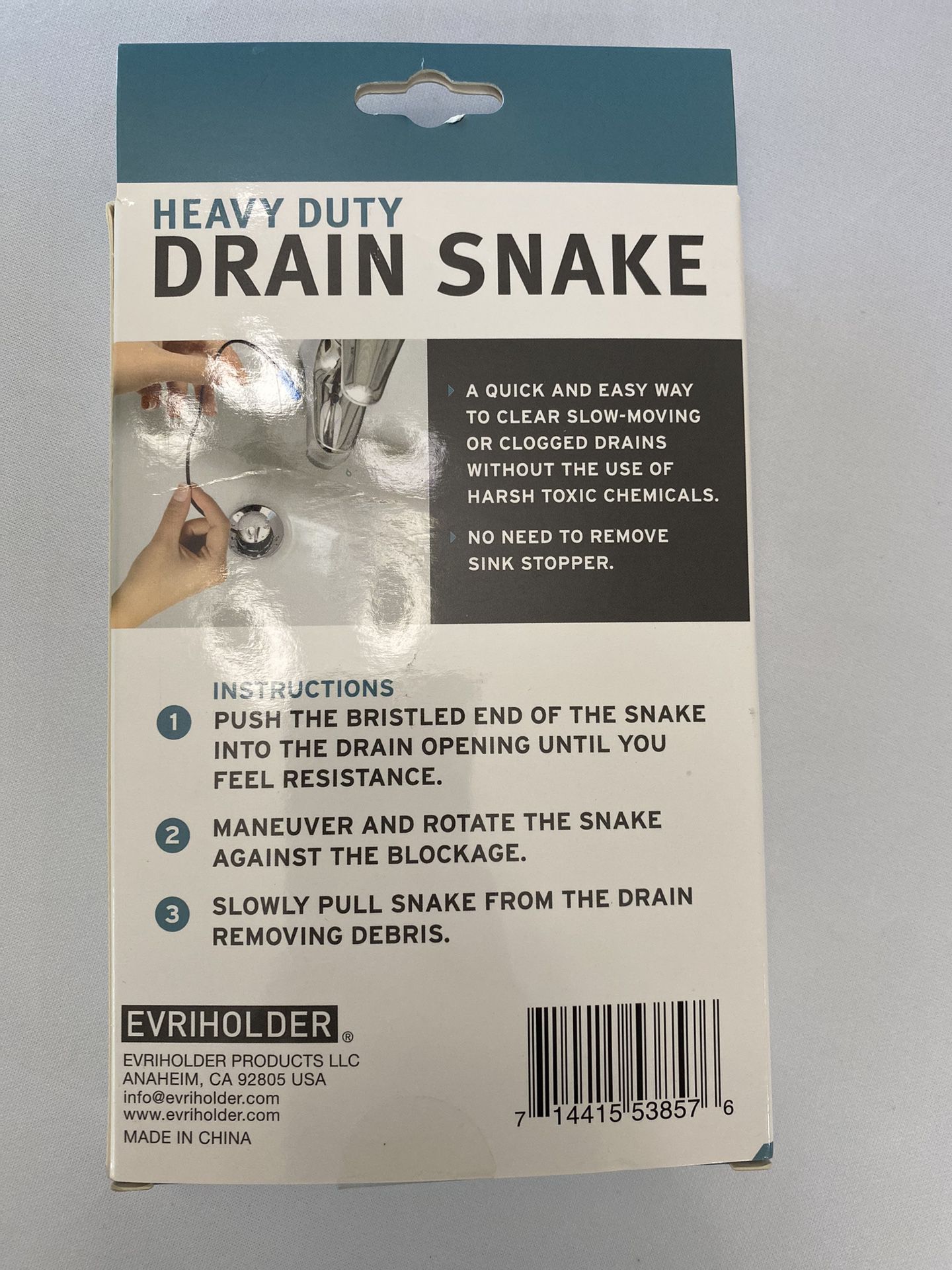





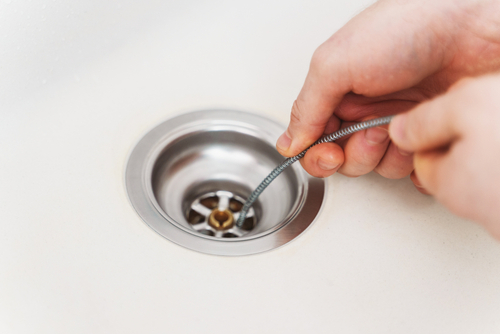

:max_bytes(150000):strip_icc()/Sewerdrainsnake-592872a23df78cbe7ea03d21.jpg)
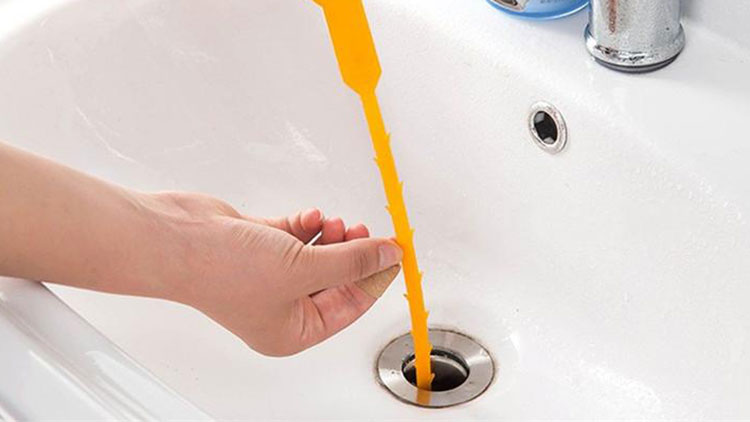

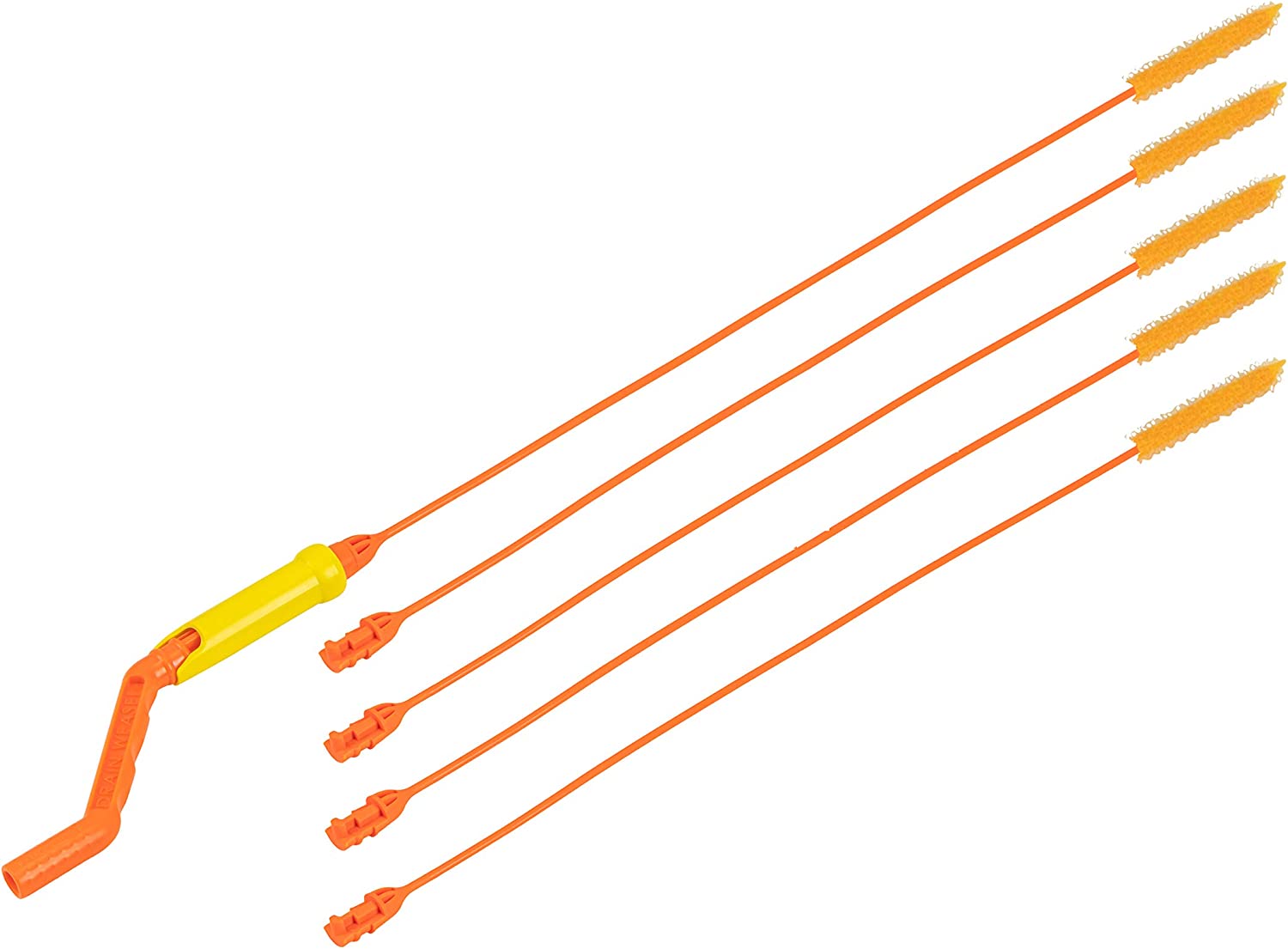
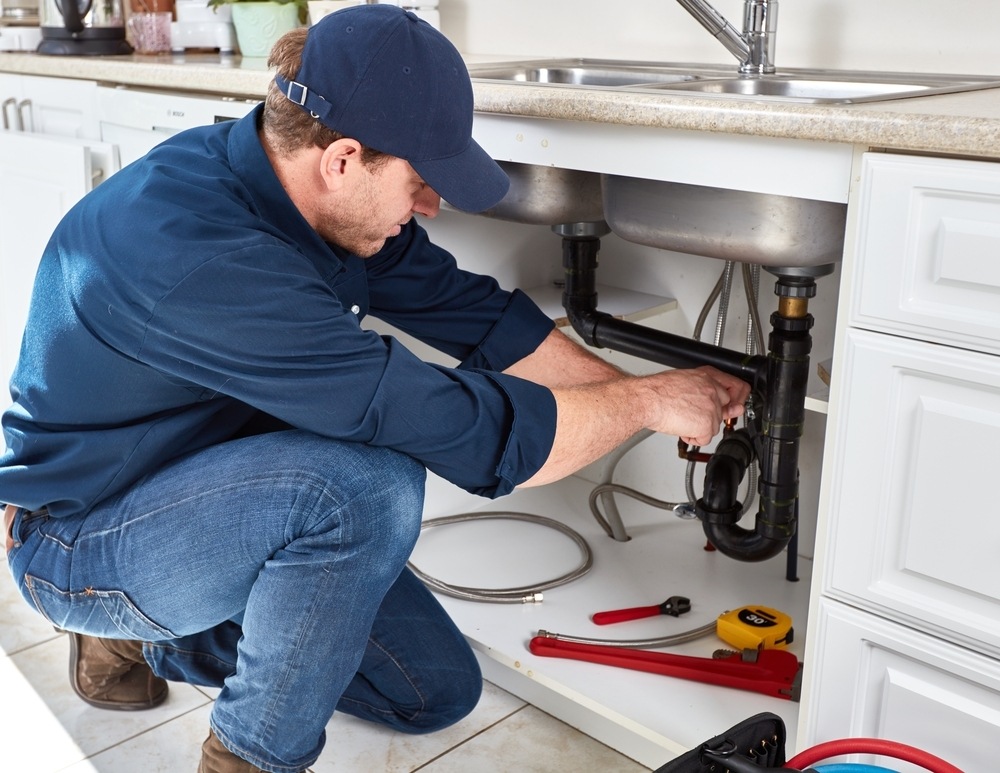


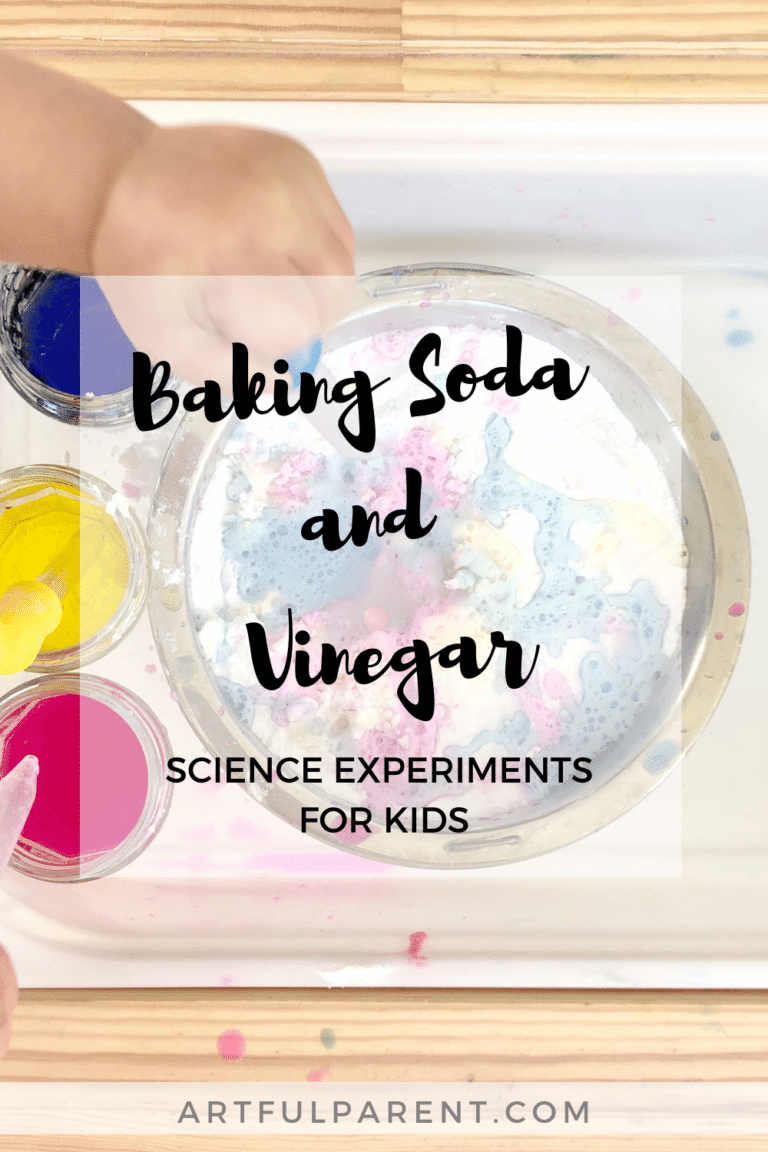


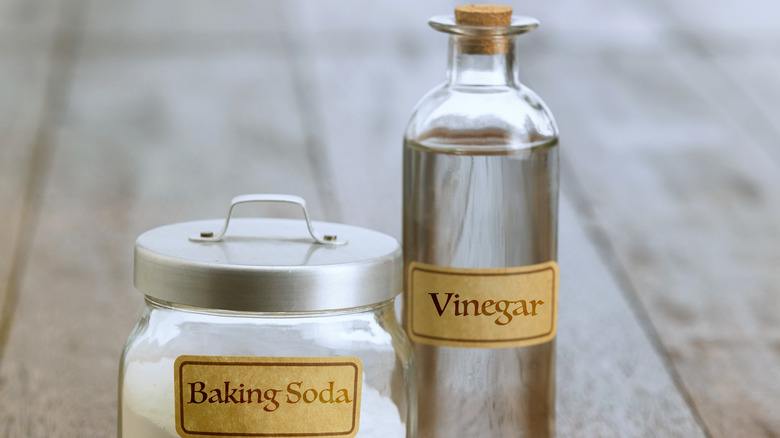



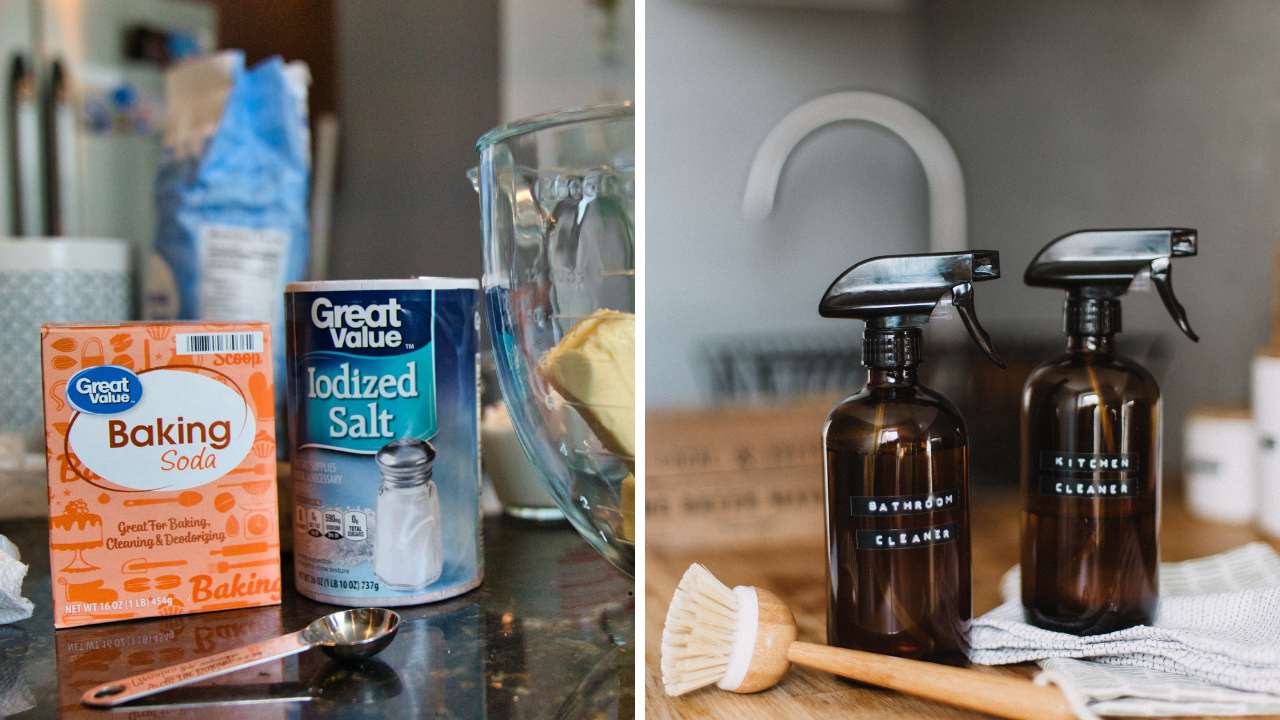










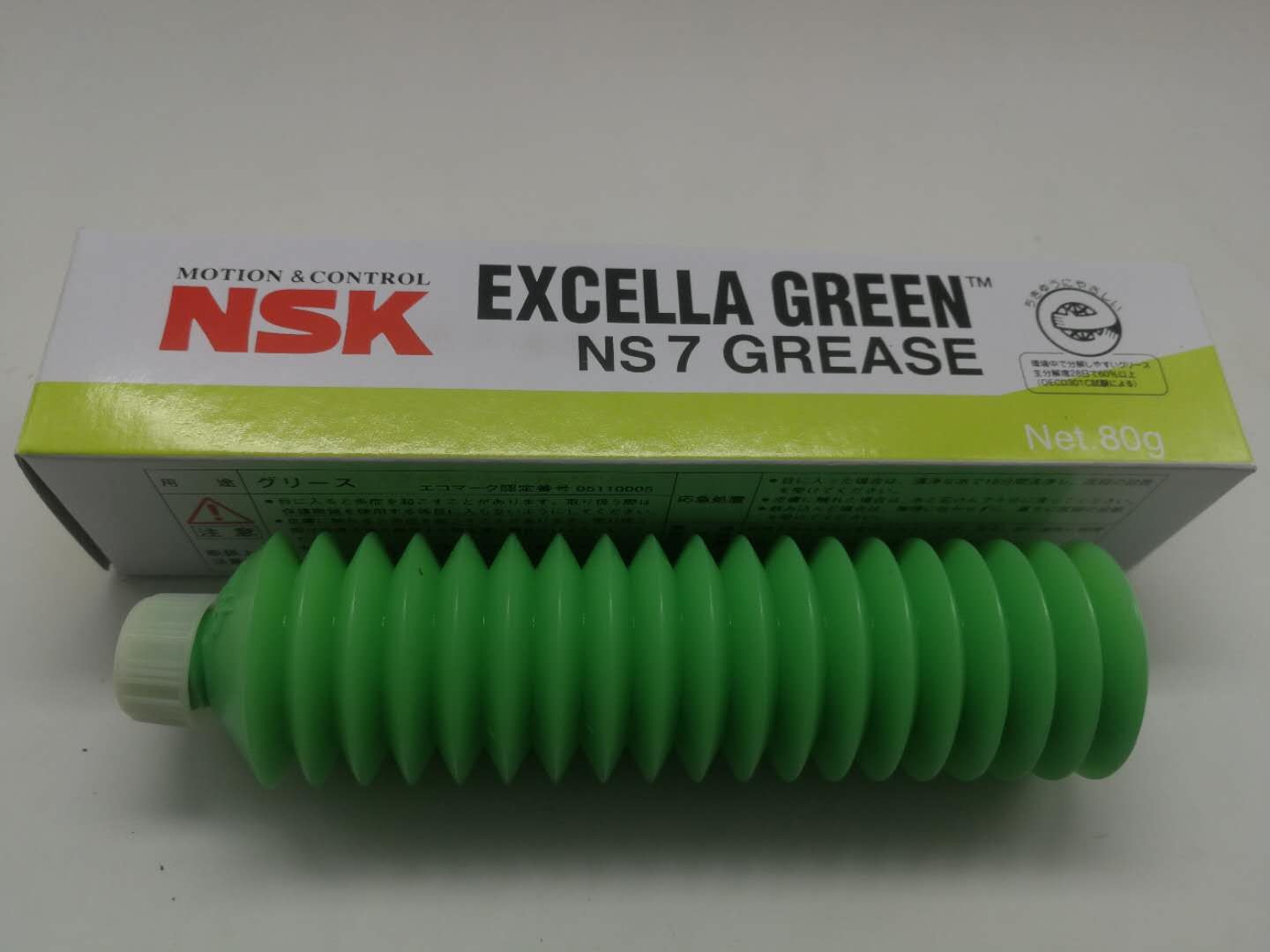




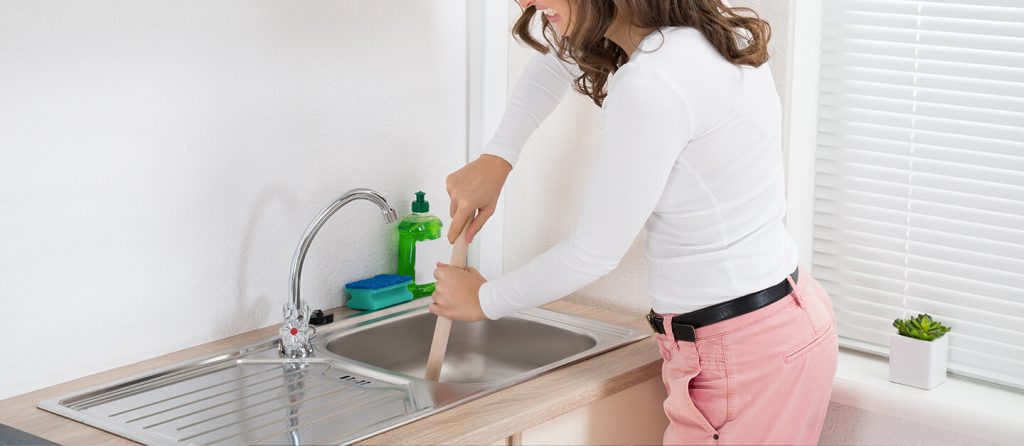
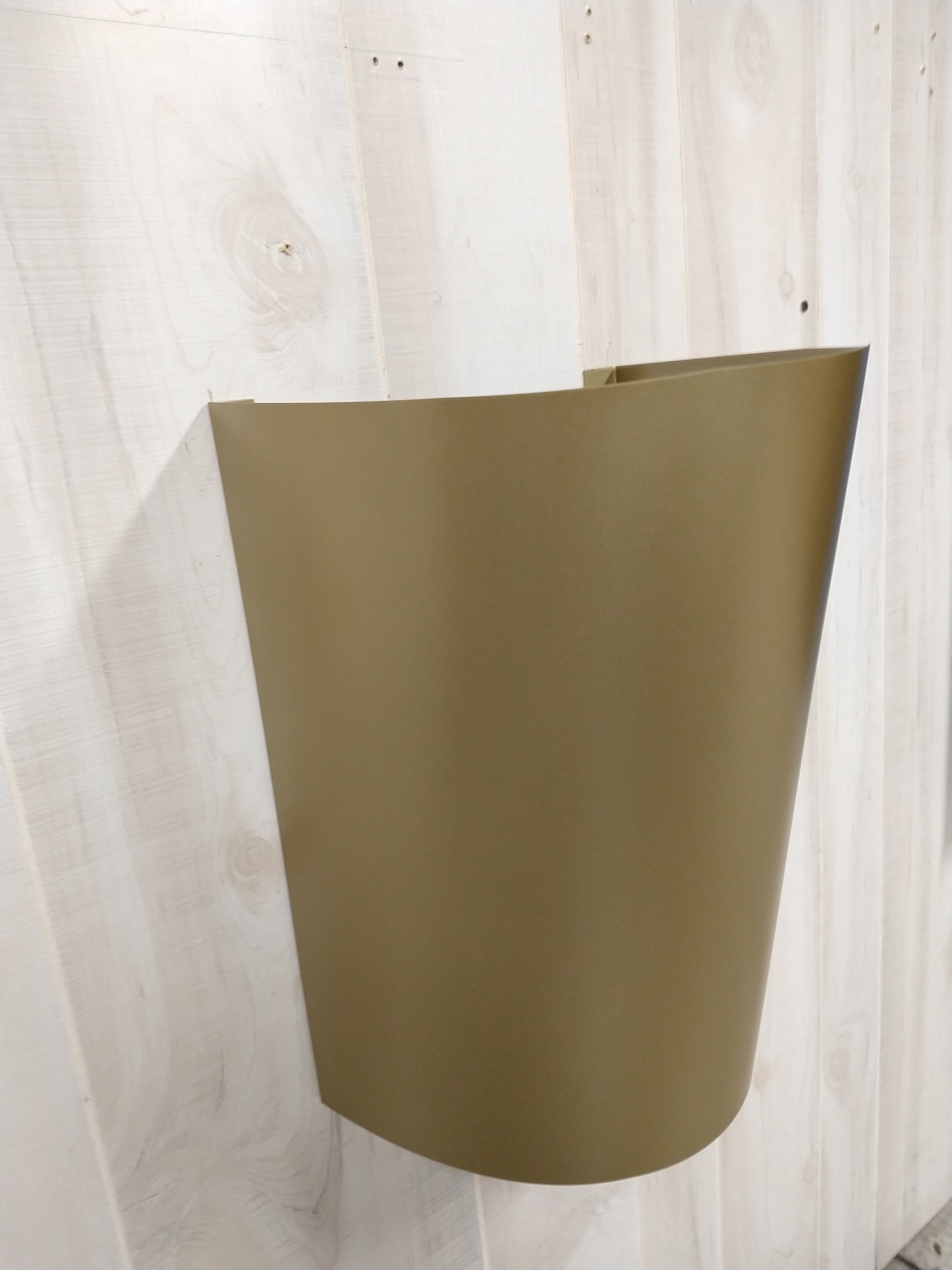


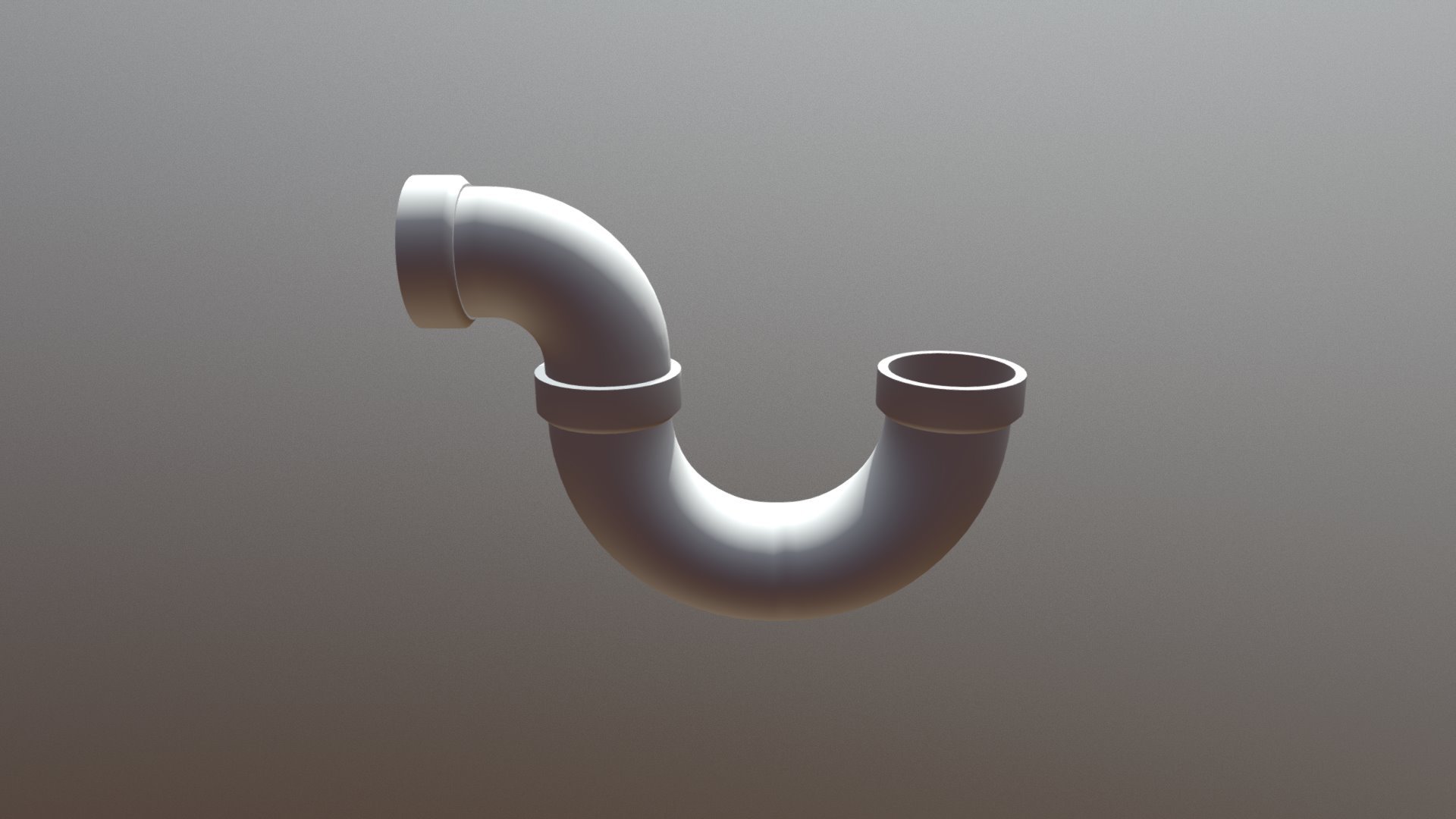









:max_bytes(150000):strip_icc()/garbage-disposal-installation-1824830-01-73cf0263b344447488ed8e15f7f2bc78.jpg)
